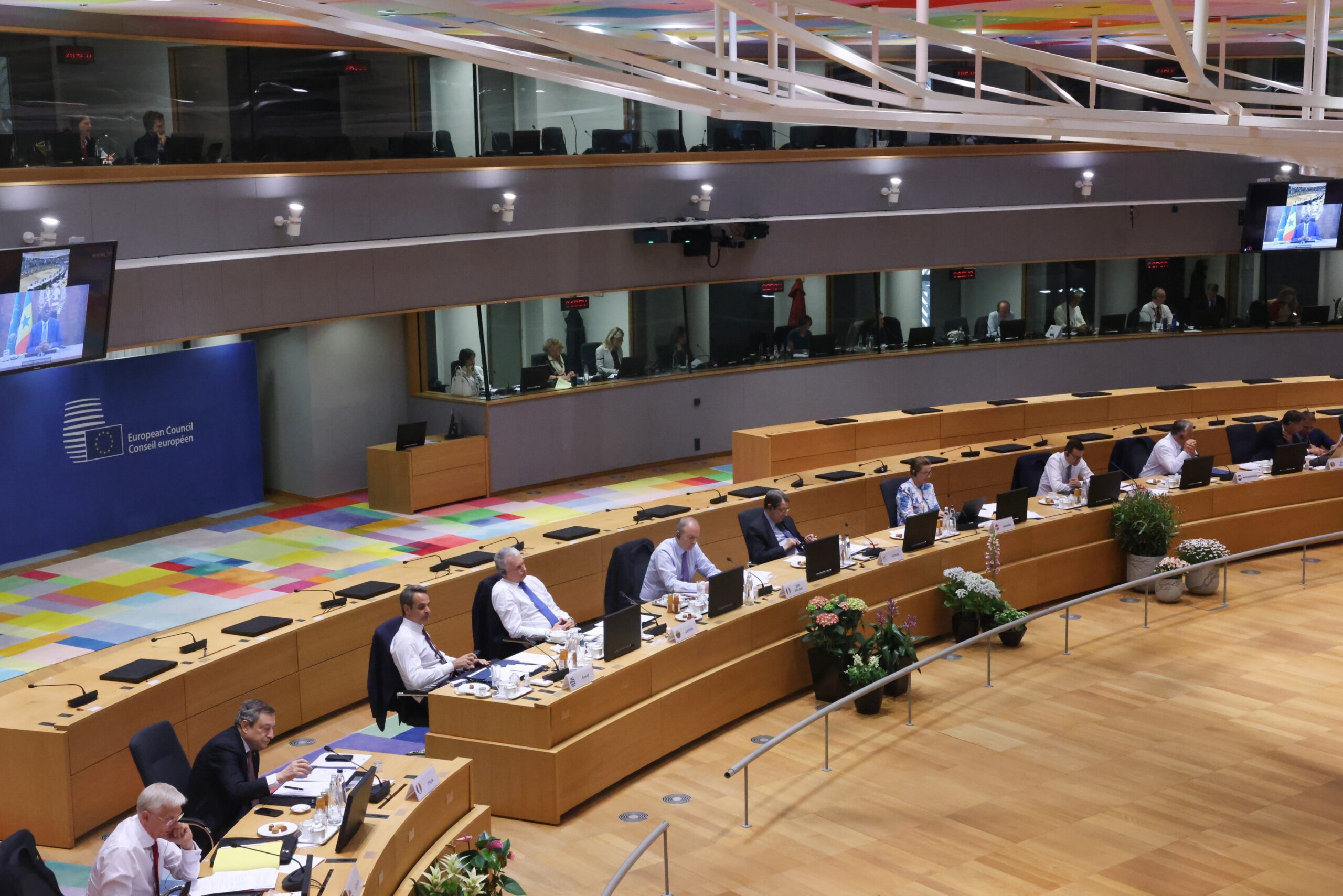Nicosia has welcomed the toughest EU sanctions against Russia for invading Ukraine, with Brussels banning oil imports to the bloc.
European Union leaders have agreed an embargo on Russian oil imports that will start kicking in towards the end of the year and which exempts, for now, pipeline imports that Hungary and two other landlocked Central European states rely on.
The toughest sanction yet agreed upon overnight after weeks of wrangling aims to remove 90% of Russia’s crude imports into the 27-nation bloc by year-end.
“Given the need to preserve the unity and cohesion of the EU, we welcome this development which is a step in the right direction,” said government spokesperson Marios Pelekanos on Tuesday.
In a statement, Pelekanos said: “Cyprus welcomes the fact that important issues concerning Member States have been considered in terms of their economic viability”.
Pelekanos said the Cypriot government was in line with EU decisions noting that sanctions are an important policy tool.
He added that Nicosia would like to see such decisions be sustainable and have far greater economic consequences for the countries they are addressed rather than EU states.
“We stress the importance of mobilising the tools available to modern democracies.
“Efforts on a diplomatic level should be intensified and strengthened to put an immediate stop to the Russian invasion of Ukraine, which results in the loss of innocent lives, the uprooting of millions of families from their homeland and has a chain effect on the whole of Europe,” said Pelekanos.
European Council President Charles Michel said the ban agreed at an EU summit in Brussels would immediately cover more than two-thirds of oil imports from Russia and cut a “huge source of financing for its war machine.”
Two-thirds of the Russian oil imported by the EU comes via tanker and one third through the Druzhba pipeline.
The ban on seaborne imports will be imposed with a phase-in period of six months for crude oil and eight months for refined products.
This means the target for refined products is effectively early 2023 rather than at the end of this year since that timeline would kick in once the sanctions are formally adopted.
EU leaders also agreed to cut off the largest Russian bank, Sberbank, from the SWIFT system and ban three more Russian state-owned broadcasters, Michel added.
The agreement comes while Russian forces press on with their attacks in Ukraine’s eastern Donbas region.
Ukraine’s President Volodymyr Zelensky has criticised the move as “soft” given the circumstances on the ground in Ukraine, arguing that the EU should have cut all oil exports to the bloc.
“If you ask me, I would say the package does too little,” said Ihor Zovka, deputy chief of staff to the Ukrainian president.










